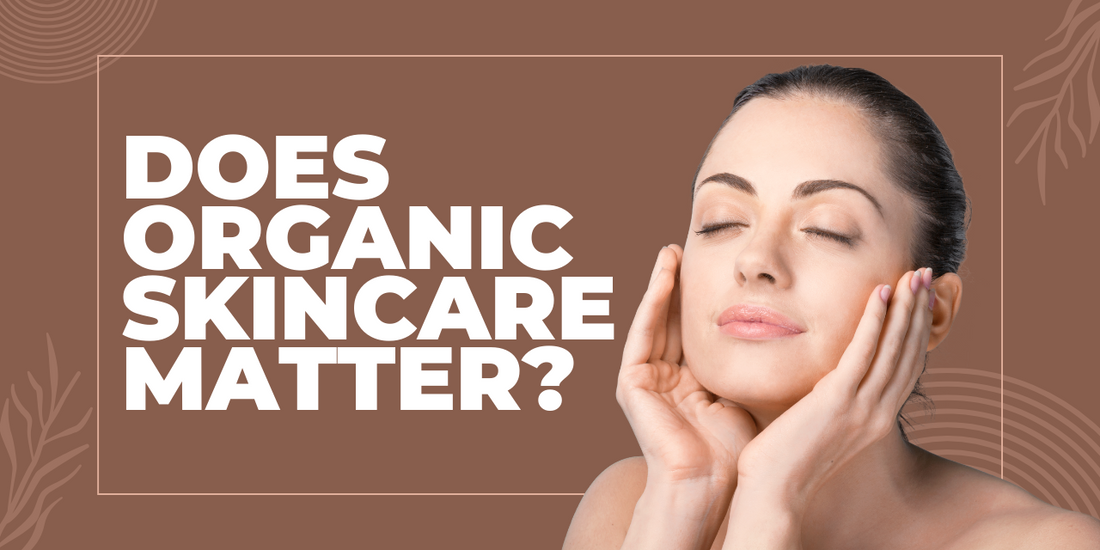In recent times organic skincare has emerged as a revolutionary trend, promising safer and more sustainable options for achieving that radiant, youthful glow. But does organic skincare really matter, or is it just another marketing buzzword?
The Organic Difference
Before we dive into the science, let's clarify what we mean by "organic" in skincare. Organic skincare products are those made with ingredients that are grown without synthetic pesticides, herbicides, or genetically modified organisms (GMOs). They prioritize natural and sustainable farming practices that are kinder to the planet and your skin.
1. Pure, Chemical-Free Formulations
One of the primary reasons why organic skincare matters is the absence of harmful chemicals. Conventional skincare products by Big Skincare often contain a cocktail of synthetic additives like parabens, phthalates, and sulfates. These chemicals can disrupt your skin's natural balance and have been linked to various health concerns, including skin irritation, allergies, and even more severe issues like hormone disruption.
Organic skincare products, on the other hand, use natural ingredients free from these potentially harmful additives. Ingredients like beef tallow, jojoba oil, and shea butter can provide nourishment without the risk of harmful side effects. When you use organic skincare, you're opting for a purer, gentler approach to caring for your skin.
And don’t forget they are free of cancer-causing weed killer glyphosate (contained in Round Up) which has recently been shown to be in 80% of American urine samples!
2. Nutrient-Dense Ingredients
The quality of ingredients in your skincare products matters. Organic ingredients are often more nutrient-dense compared to their conventionally grown counterparts. Organic (especially Regenerative) farming practices focus on soil health, which leads to higher nutrient content in the plants.
For instance, organic tallow may contain more vitamins and minerals, such as vitamins A, D, E, and K. These compounds play a crucial role in skin repair and protection against environmental damage.
3. Less Irritation, More Efficacy
For those with sensitive skin Organic skincare might be your savior. The absence of harsh chemicals and artificial fragrances can significantly reduce the risk of skin irritation. Organic products are less likely to clog pores or cause redness, making them suitable for those with sensitive or acne-prone skin.
Moreover, organic skincare ingredients often contain natural anti-inflammatory and soothing properties. For instance, organic chamomile and lavender extracts have been shown to calm irritated skin and reduce redness.
4. Environmental Responsibility
Beyond personal benefits, choosing organic skincare also reflects a commitment to environmental responsibility. Organic farming practices prioritize sustainability, reducing the use of synthetic chemicals that can harm ecosystems and pollute water sources.
Additionally, organic skincare brands like anml use eco-friendly/plastic-free packaging, further minimizing their environmental impact. By choosing organic skincare, you're contributing to a healthier planet for future generations.
So as you can see, opting for organic-only skincare products is full of benefits and worth doing. If not for yourself, then for the environment that affects us all.

